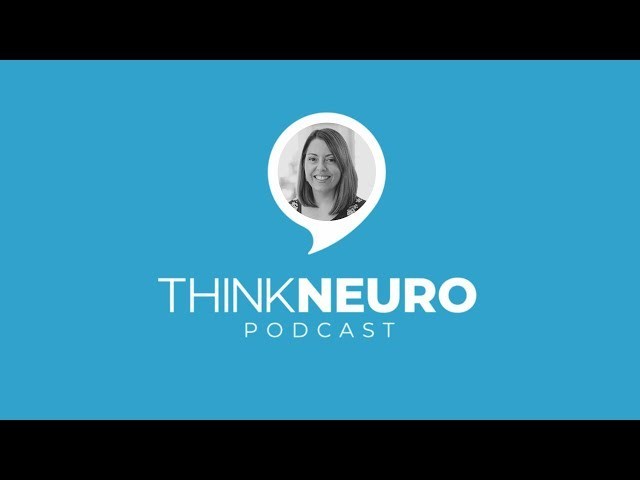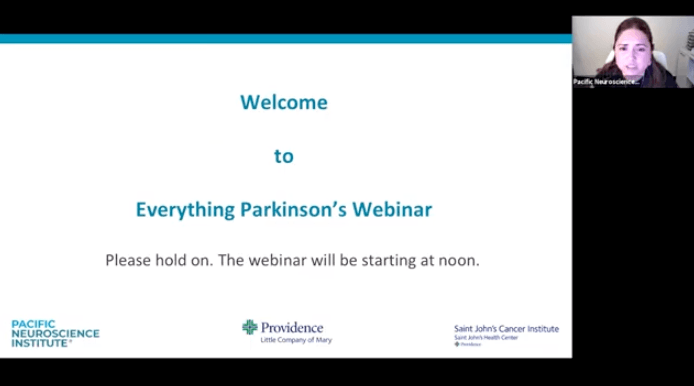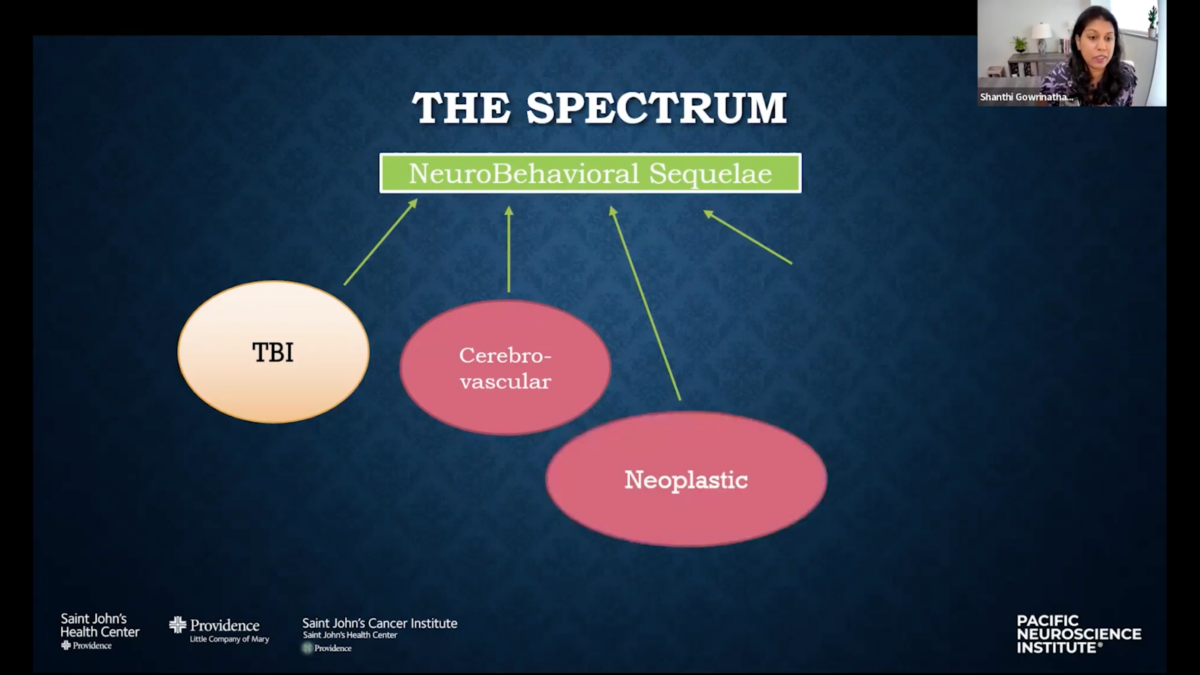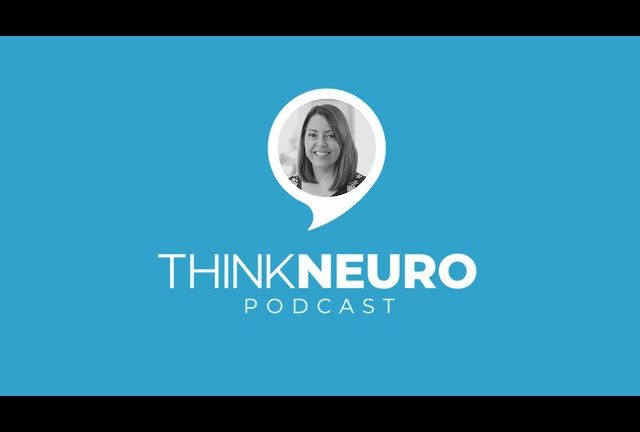

Decoding Brain Fog: Origins, Neurological Mechanisms, and Recovery
by Brianna Rauchman
Brain fog can disrupt memory, focus, and overall well-being. Discover its diverse origins and how it affects neurological mechanisms. Plus, learn effective coping strategies to regain mental clarity and improve cognitive health.
Do You Suffer From Brain Fog?
Brain fog, a complex cognitive phenomenon, impacts countless lives, disrupting memory, focus, and overall well-being. Understanding the multifaceted nature of brain fog is vital, as it can stem from diverse origins, ranging from medical treatments like chemotherapy, neurological conditions such as multiple sclerosis, to the lingering effects of COVID-19 or stress-induced burnout. Keep reading to explore the causes of brain fog and effective coping strategies.
Brain Fog Caused by Chemotherapy
What is “Chemo Brain”?
“Chemo Brain,” experienced by cancer patients undergoing chemotherapy, refers to cognitive difficulties that emerge during or after treatment. Studies have revealed that up to 75% of cancer patients may experience chemo brain to varying degrees.

Symptoms
Chemo brain symptoms include memory lapses, difficulty concentrating, and a reduced ability to multitask. Patients might also struggle with word-finding and have trouble recalling recent events.
Coping Strategies
Managing chemo brain involves cognitive exercises, such as puzzles and brain games, to stimulate neural pathways. Additionally, adopting a well-rounded lifestyle with regular physical activity, adequate sleep, and a balanced diet may mitigate its impact.
Brain Fog Linked to Neurological Conditions
Overview of Neurological Conditions
Neurological conditions like multiple sclerosis (MS), Parkinson’s disease (PD), dementia, and stroke can lead to brain fog due to their impact on cognitive function. Each of these conditions affects the brain in distinct ways, contributing to cognitive impairments and causing brain fog as a prominent symptom.
Multiple Sclerosis

MS is classified as an autoimmune disease. Ordinarily, the immune system distinguishes the body as “self” and shields it against external agents like germs. Typically, the central nervous system (CNS), encompassing the brain, optic nerve, and spinal cord, restricts the entry of immune cells.
Barbara Giesser, MD, internationally recognized MS neurologist at Pacific Neuroscience Institute® (PNI®), explains that in patients with MS, “the immune system no longer recognizes parts of the CNS as ‘self.’” Consequentially, the immune system is able to infiltrate the CNS and target the nerves. This disruption affects cognitive abilities, causing brain fog along with other symptoms like fatigue and mobility issues.
Parkinson’s Disease
In Parkinson’s disease, the gradual loss of dopamine-producing neurons in the brain leads to motor symptoms, such as tremors and stiffness, but can also result in cognitive changes, including memory problems and difficulties with attention and problem-solving.
Natalie Diaz, MD, neurologist and Parkinson’s disease specialist at PNI, emphasizes that “the exact cause (of PD) remains unknown. Most people who develop PD are over 50 years old consequently making age the most significant risk.” However, there are a few genetic mutations that may predispose an individual to PD. Even so, risk is still influenced by environmental factors and lifestyle choices.
Dementia
Dementia encompasses a range of neurological disorders, including Alzheimer’s disease, which progressively impairs cognitive function. According to Karen Miller, PhD, Senior Director of the Brain Wellness and Lifestyle Program℠ at PNI,“dementia is an overall decline in cognitive ability, usually impacting short-term memory (learning/recalling new information) and another cognitive ability (or more), such as decline in executive skills (organization, decision making) or language, or visual-spatial skills.”
The accumulation of abnormal proteins in the brain, such as amyloid plaques and tau tangles, has been linked to Alzheimer’s disease and is thought to disrupt neuronal communication, leading to profound cognitive changes.
Stroke
In the case of stroke, a sudden interruption of blood flow to the brain can result in a lack of oxygen and nutrients, leading to the death of brain cells in the affected area. Jason Tarpley, MD, PhD, Director of the Stroke and Neurovascular Center at PNI, explains that “a patient may appear normal for one second, and then suddenly undergo a neurological change that may present in various ways physically,” such as balance issues, facial droop, or blurred vision.
Depending on the location and severity of the stroke, brain fog can manifest as a short-term or long-term effect, resulting in memory deficits, confusion, and difficulty understanding or expressing language.
Importance of Early Detection for Neurological Conditions
Early diagnosis and intervention for neurological conditions play a crucial role in slowing disease progression and effectively managing cognitive symptoms. Engaging in lifestyle interventions such as regular physical and cognitive exercises can contribute to maintaining cognitive function and alleviating brain fog.
If you suspect you or a loved one may be experiencing a neurological condition like MS, Parkinson’s, or dementia, it is essential to seek prompt medical attention from a healthcare provider. Developing a treatment plan early can significantly impact the course of the condition and improve overall well-being. Additionally, in the event of stroke symptoms, immediate contact with emergency services is critical to ensure swift and appropriate care.
Brain Fog Following COVID-19
Understanding Post-COVID Brain Fog

The long-lasting effects of COVID-19, known as “Long COVID,” can include persistent brain fog even after the illness has resolved. Some individuals experience lingering cognitive difficulties, such as brain fog and mental fatigue, long after recovering from the initial infection. This condition affects people of all ages and can persist for several months.
Possible Mechanisms
Post-COVID brain fog might be linked to inflammation affecting the brain or neurological impacts caused by the virus itself. The exact mechanisms are still under investigation.
Rehabilitation and Recovery
Recovering from post-COVID brain fog may involve specialized cognitive and physical rehabilitation, alongside adopting a healthy lifestyle that includes proper nutrition and adequate rest.
Brain Fog Resulting from Burnout and Stress
Identifying Burnout-Related Brain Fog

Chronic stress and burnout have profound effects on mental clarity, contributing to brain fog. Burnout is a state of emotional, mental, and physical exhaustion resulting from prolonged stress and overwhelming work demands. The constant release of stress hormones can negatively impact brain function.
Cognitive symptoms related to burnout can include forgetfulness, difficulty concentrating, and a general feeling of mental cloudiness, making it challenging to focus on tasks.
Restoring Mental Clarity
Effective stress management techniques, such as mindfulness practices, regular exercise, and seeking support from friends, family, or mental health professionals, are essential for restoring cognitive clarity and combating brain fog.
Personalized Support for Brain Wellness and Cognitive Health

Brain fog presents a complex array of causes and challenges. From medical treatments to neurological conditions, COVID-19, and stress-induced burnout, the origins of brain fog are diverse and often interconnected. Recognizing the importance of early detection and intervention for specific conditions is crucial. Seeking professional help and adopting lifestyle modifications, cognitive exercises, and stress management techniques offer promising avenues to mitigate the impact of brain fog on daily life.
Fortunately, the Brain Wellness and Lifestyle Program at Pacific Neuroscience Institute offers personalized guidance to optimize your cognitive health. Our program incorporates curated courses that blend science-based interventions with holistic care, offering comprehensive support for your cognitive health. Backed by reputable research, our methods have been specifically designed to empower individuals to take control of their cognitive well-being. Courses are available in-person or virtual, as well as group or individual sessions.
Useful Links
- Brain Wellness & Lifestyle Program
- Brain Tumor Supportive Care Clinic
- Pacific Brain Health Center
- Pacific Movement Disorders Center
- Pacific Stroke & Neurovascular Center
Meet the Experts
Related Articles
Related Videos
 Multiple Sclerosis and Fatigue | Dr. Barbara Giesser
Dr. Barbara Geisser, a neurologist who specializes in treating multiple sclerosis at Pacific Neuroscience Institute discusses some of the most common symptoms experienced by those who suffer from MS. Fatigue…
Multiple Sclerosis and Fatigue | Dr. Barbara Giesser
Dr. Barbara Geisser, a neurologist who specializes in treating multiple sclerosis at Pacific Neuroscience Institute discusses some of the most common symptoms experienced by those who suffer from MS. Fatigue…
 Beating the Odds on Alzheimer’s Disease | Molly Rapozo, MS, RDN, CD and Judy Davidson
Beating the Odds on Alzheimer’s Disease | Molly Rapozo, MS, RDN, CD and Judy Davidson
 04. Everything Parkinson’s: Mood and Motivation with Dr. Natalie Diaz
In this installment of the Everything Parkinson’s Webinar, Dr Natalie Diaz discusses some of the affects on patients’ mood and motivation. Learn more by watching the video here.
04. Everything Parkinson’s: Mood and Motivation with Dr. Natalie Diaz
In this installment of the Everything Parkinson’s Webinar, Dr Natalie Diaz discusses some of the affects on patients’ mood and motivation. Learn more by watching the video here.
 Think Neuro Podcast: With Stroke Victims, Speed Saves Lives | Dr. Jason Tarpley
For Dr. Jason Tarpley, speed is everything. He’s the director of Pacific Neuroscience Institute’s Stroke & Neurovascular Center, and when it comes to stroke—a blockage in an artery that feeds…
Think Neuro Podcast: With Stroke Victims, Speed Saves Lives | Dr. Jason Tarpley
For Dr. Jason Tarpley, speed is everything. He’s the director of Pacific Neuroscience Institute’s Stroke & Neurovascular Center, and when it comes to stroke—a blockage in an artery that feeds…
 Brain Tumor Webinar: Anxiety, Depression, and Neurological Disease
Shanti Gowrinathan, MD, Director of Psycho-Oncology and Cancer Support Services at Pacific Neuroscience Institute, discusses the relationship between brain tumor treatment, anxiety, depression, and neurological disease. The webinar was hosted…
Brain Tumor Webinar: Anxiety, Depression, and Neurological Disease
Shanti Gowrinathan, MD, Director of Psycho-Oncology and Cancer Support Services at Pacific Neuroscience Institute, discusses the relationship between brain tumor treatment, anxiety, depression, and neurological disease. The webinar was hosted…

Multiple Sclerosis and Fatigue | Dr. Barbara Giesser

Beating the Odds on Alzheimer’s Disease | Molly Rapozo, MS, RDN, CD and Judy Davidson

04. Everything Parkinson’s: Mood and Motivation with Dr. Natalie Diaz

Think Neuro Podcast: With Stroke Victims, Speed Saves Lives | Dr. Jason Tarpley

Brain Tumor Webinar: Anxiety, Depression, and Neurological Disease
About the Author
Brianna Rauchman
Brianna Rauchman, BA, is the Communications Coordinator for the Lifestyle Program, where she helps develop outreach strategies to connect with an expanding audience. Her responsibilities include providing launch support, developing content, assisting with collateral design, and planning social media strategies.
Last updated: July 28th, 2023







